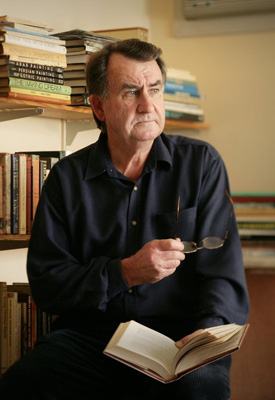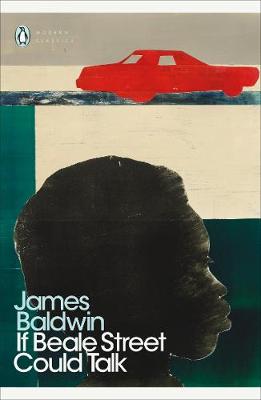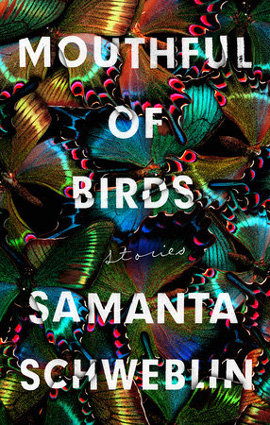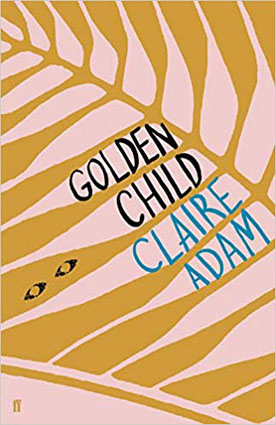When we enter the woods we can't help imbuing the natural world with so many of our own emotions. The beauty of trees, flowers and wildlife transform into metaphors for what we're feeling. In Seán Hewitt's pamphlet of poetry “Lantern” he explores the experience of entering nature, observing it and finding our selves there. We might enter it seeking solace or to hide or engage in an illicit encounter or as a respite from the business of civilization. It's where our language has no meaning: “the places where words extinguish themselves and leave all the things that cannot be fixed or forgotten.” In this way, he delicately illuminates the sense of being we get from entering a place where we cast our emotions out in an act of transformation, but find that we are the ones who are transformed.
There is a constancy to nature and a sense that it's timeless or, at least, that the woods experience time very differently from us. In one poem the narrator recounts planting trees as a school child and comparing his growth over the years to that of the woods which have grown more slowly. If we ever return to a tree we planted in childhood or a sapling we observed as a child we experience a moment of reflection and how we've changed in so many unexpected ways since the innocence of our youth. By comparison, the tree's growth seems incremental but no less monumental. In the poem 'Clock' it's observed “though I love you I know there is no such thing as held time, this tree seems suddenly like a stillness, a circle of quiet air, a place to stand now that I have had to leave” There is a reassurance to a tree's steady progress over the years and a solemn acceptance that we ourselves will experience radical transformations unlike this simple growth.
I enjoyed how many of these poems give a sense of dramatic emotional events having occurred without disclosing the details of them. Instead they focus on this interchange between the narrator and the way nature has changed under his gaze. It can seem like a holy experience yet it is irreligious like a silver birch “for he does not observe liturgical time”. The poems also convey a sense of guilt from casting our experiences and emotions onto nature as if we've spoiled its purity: “I wonder if I have ruined these places for myself, if I have brought each secret to them and weighed the trees with things I can no longer bear.” Because entering the natural world is a form of reckoning where we hope to be altered, brought back to ourselves or made anew like in a poem where it's wondered “Are we all just wanting to see ourselves changed, made unearthly?”
Many of these poems simply have a quiet beauty to them and I admire the way they contain so much feeling, but let it simmer beneath the surface. They make striking reflections on how we situate ourselves in relation to nature and how entering it allows us to return to our lives having cast ourselves into it as in the final haunting lines of the collection “I turn home, and all across the floor the spiked white flowers light the way. The world is dark but the wood is full of stars.”



























